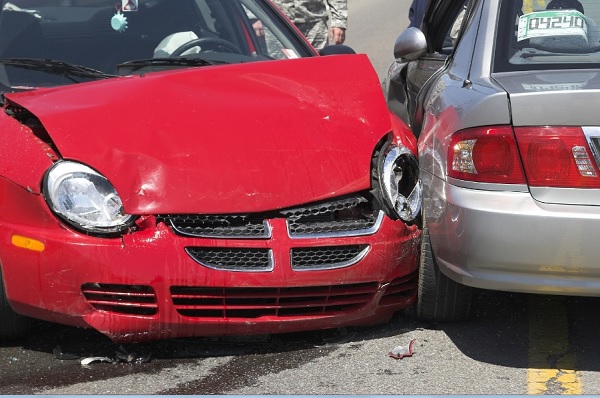A Personal Injury Lawyer from Long Island Will Prove Negligence to Win
Many auto accident legal actions revolve around the legal theory of negligence. For a personal injury lawyer from Long Island, establishing negligence is the first step towards winning a settlement for a client. An article in NOLO.com explains how proving fault can become the turning point in a plaintiff’s car accident injury lawsuit. Here are some basic points highlighted by the said write-up:
When is Someone Negligent?
Thoughtless or careless behavior by an individual that caused harm or injury to another is classified as negligence. A person can also be considered negligent by something he or she did and should not have done (e.g. speeding, running a red light), or something he or she should have done, but didn’t (e.g. failing to yield, stop for a pedestrian, turn on lights at night while driving).
A driver must exercise care for the safety of other motorists, passengers, or pedestrians encountered on the road. If a driver is not reasonably careful and injures someone as a result, that driver is liable for the accident victim’s injuries.
Elements of a Negligence Claim
The person who is suing (called the plaintiff) must demonstrate that the defendant (the person being sued) was negligent. Plaintiffs must show all of the following: (1) The defendant breached his/her ‘duty of reasonable care’, which requires motorists to exercise caution when encountering other drivers or passengers in other vehicles and pedestrians; (2) The defendant’s conduct caused plaintiff’s injuries and not some previous event; (3) The plaintiff suffered losses and/or was injured. If there aren’t any monetary losses or provable injuries, the plaintiff can’t recover anything; and finally (4)The plaintiff must show evidence of his or her injuries and other monetary losses to be compensated. It’s important for plaintiffs to keep complete and detailed records of all injuries, medical expenses, and property damage.
Maintaining Control of the Car
Negligence may be inferred if a car loses control (such as overturning or leaving the road) for no apparent reason. Drivers are expected to maintain their vehicles in safe working order. In certain states, violating a motor vehicle law presumes negligence, meaning the defendant must present evidence to prove that he or she was not negligent, rather than requiring the plaintiff to prove that the defendant was negligent.
Getting Professional Help
Some minor car accident cases are straightforward and could be handled without a lawyer. If, however, your car accident case is complicated, involves severe or permanent disability, or involves large damages, consider hiring an experienced Long Island injury attorney from trusted firms like The Law Offices of Joseph Lichtenstein.
(SOURCE: Car Accidents Caused by Negligence, NOLO.com)

